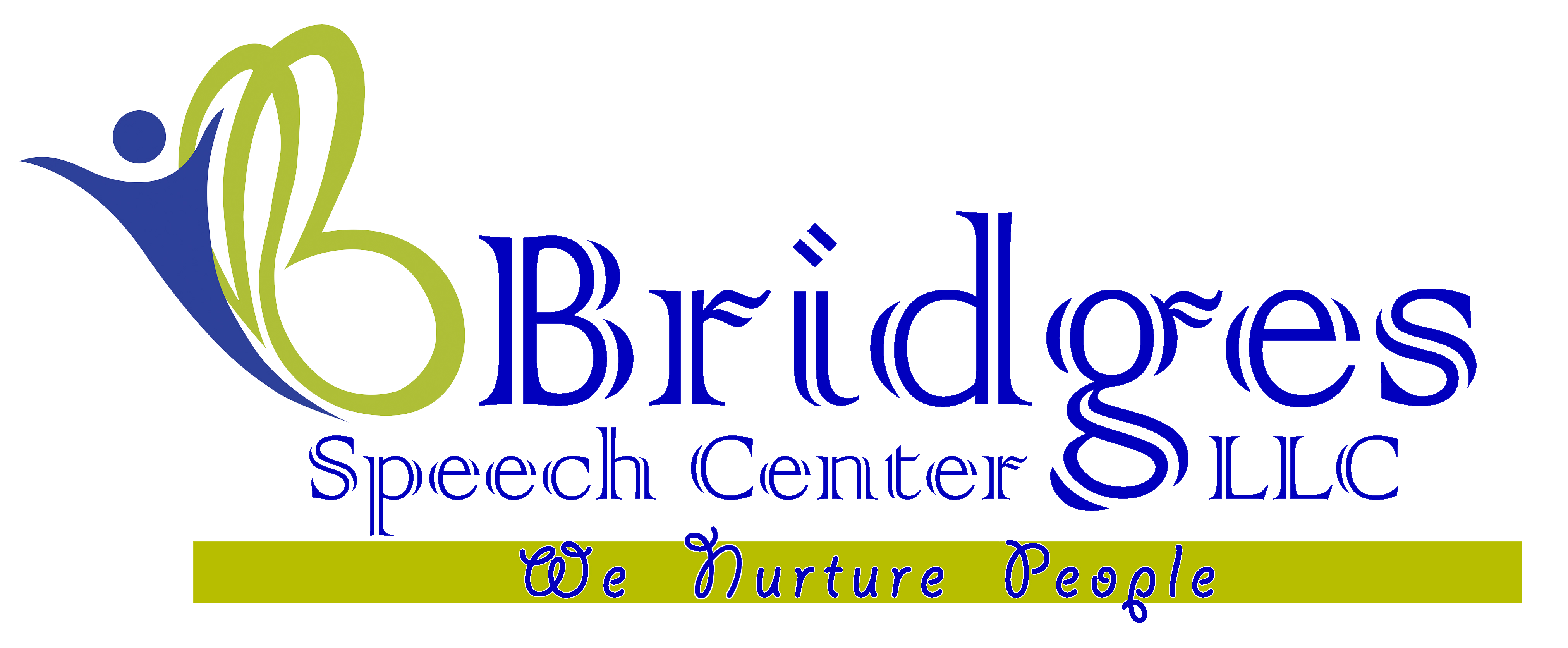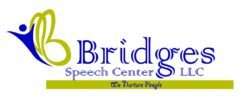- About Us
- Our Services
- Speech Therapy
- Speech and Language Therapies for Adults in Dubai
- Speech and Language Therapies for Children in Dubai
- Accent therapy
- Augmentative Alternative Communication (AAC) Therapy
- Articulation Speech Therapy
- Auditory Processing therapy/ Auditory verbal therapy
- Language Intervention: Speech Delay therapy
- Oral Motor Therapy
- Play Based therapy
- PROMPT/DTTC/RePT for Childhood Apraxia of Speech
- Social communication/Pragmatic language therapy
- Stuttering / Stammering therapy Program
- Spellography Program for Dyslexia
- Voice Therapy
- Home Care Services
- Feeding Therapy
- Physiotherapy
- Pediatric and Geriatric Physiotherapy
- Fall Prevention Programs for the Elderly
- Developmental Delay Treatment for Children
- Cerebral Palsy Management for Children
- Pediatric Orthopedic Conditions
- Osteoporosis Management for the Elderly
- Sports Injuries in Children
- Mobility and Balance Training for Elderly
- Joint Pain Treatment (Knee, Shoulder, Hip)
- Age-Specific Exercise Programs
- Coordination and Balance Exercises
- Orthopedic Physiotherapy
- Neurological Physiotherapy
- Sports Physiotherapy
- Cardiopulmonary Physiotherapy
- Women’s Health Physiotherapy
- Manual Therapy
- Therapeutic Exercise
- Pain Management
- Electrotherapy
- Ergonomic Consultation
- Tele-Physiotherapy Services
- Pediatric and Geriatric Physiotherapy
- Occupational Therapy
- Sensory Integration
- Clinical Psychology & Psychotherapy
- Cognitive Behavioral Therapy(CBT)
- ABA /Behavior Therapy
- Bridge Learning Program
- Group therapy
- Summer/Winter Program
- Telehealth Services
- Training Program/CEU
- Internship/ Observership
- Speech Therapy
- Super Team
- Collaboration
- Training Course
- News/Blogs
- About Us
- Our Services
- Speech Therapy
- Speech and Language Therapies for Adults in Dubai
- Speech and Language Therapies for Children in Dubai
- Accent therapy
- Augmentative Alternative Communication (AAC) Therapy
- Articulation Speech Therapy
- Auditory Processing therapy/ Auditory verbal therapy
- Language Intervention: Speech Delay therapy
- Oral Motor Therapy
- Play Based therapy
- PROMPT/DTTC/RePT for Childhood Apraxia of Speech
- Social communication/Pragmatic language therapy
- Stuttering / Stammering therapy Program
- Spellography Program for Dyslexia
- Voice Therapy
- Home Care Services
- Feeding Therapy
- Physiotherapy
- Pediatric and Geriatric Physiotherapy
- Fall Prevention Programs for the Elderly
- Developmental Delay Treatment for Children
- Cerebral Palsy Management for Children
- Pediatric Orthopedic Conditions
- Osteoporosis Management for the Elderly
- Sports Injuries in Children
- Mobility and Balance Training for Elderly
- Joint Pain Treatment (Knee, Shoulder, Hip)
- Age-Specific Exercise Programs
- Coordination and Balance Exercises
- Orthopedic Physiotherapy
- Neurological Physiotherapy
- Sports Physiotherapy
- Cardiopulmonary Physiotherapy
- Women’s Health Physiotherapy
- Manual Therapy
- Therapeutic Exercise
- Pain Management
- Electrotherapy
- Ergonomic Consultation
- Tele-Physiotherapy Services
- Pediatric and Geriatric Physiotherapy
- Occupational Therapy
- Sensory Integration
- Clinical Psychology & Psychotherapy
- Cognitive Behavioral Therapy(CBT)
- ABA /Behavior Therapy
- Bridge Learning Program
- Group therapy
- Summer/Winter Program
- Telehealth Services
- Training Program/CEU
- Internship/ Observership
- Speech Therapy
- Super Team
- Collaboration
- Training Course
- News/Blogs
Table of Contents
ToggleAdult Speech Therapy: Improving Communication and Quality of Life

Speech therapy is not just for children; it plays a crucial role in improving communication skills and quality of life for adults as well. Whether an adult has experienced a stroke, traumatic brain injury, or neurological condition, speech therapy can be a transformative intervention. This blog highlights the importance of speech therapy for adults and how it can help them regain their communication skills and enhance their overall quality of life.
Importance of Speech Therapy for Adults
- Stroke Rehabilitation
- Impact of Stroke: Strokes can severely affect an individual’s ability to speak, understand language, read, and write. This condition, known as aphasia, can be frustrating and isolating.
- Role of Speech Therapy: Speech therapists work with stroke survivors to improve their communication abilities, using tailored exercises to help them regain language skills and find alternative ways to communicate if necessary.
- Traumatic Brain Injuries (TBI)
- Communication Challenges: TBIs can lead to difficulties with speech, language, cognition, and swallowing. These issues can affect personal relationships and job performance.
- Therapeutic Interventions: Speech therapists provide cognitive-communication therapy to address issues with memory, attention, problem-solving, and social communication, helping individuals reintegrate into their daily lives.
- Neurological Conditions
- Conditions Affected: Diseases like Parkinson’s, multiple sclerosis, and amyotrophic lateral sclerosis (ALS) can progressively impair speech and swallowing functions.
- Therapy Benefits: Speech therapy can help slow the progression of communication difficulties, teach strategies to maintain speech clarity, and provide tools for non-verbal communication.
Benefits of Adult Speech Therapy
- Regaining Communication Skills
- Language Exercises: Structured exercises help rebuild vocabulary, sentence structure, and comprehension skills, essential for effective communication.
- Speech Clarity: Techniques to improve articulation and reduce slurring help adults speak more clearly and confidently.
- Enhancing Cognitive Abilities
- Cognitive Training: Therapy includes activities to enhance memory, attention, and executive functions, which are critical for daily interactions and tasks.
- Problem-Solving Skills: Developing strategies to address cognitive challenges aids in better decision-making and independence.
- Improving Swallowing Functions
- Swallowing Therapy: For those with dysphagia (difficulty swallowing), speech therapists provide exercises to strengthen the muscles involved in swallowing and techniques to ensure safe eating and drinking.
- Boosting Quality of Life
- Emotional Well-being: Improved communication reduces frustration and enhances social interactions, contributing to better mental health and self-esteem.
- Independence: Effective communication and cognitive skills enable adults to maintain their independence, participate in social activities, and perform daily tasks with confidence.
Case Studies and Success Stories
- Stroke Survivor
- Background: A 55-year-old man suffered a stroke that left him with severe aphasia and dysarthria.
- Therapy Process: Through consistent speech therapy, he regained much of his speech clarity and was able to return to his job with reasonable accommodations.
- Outcome: His improved communication skills enhanced his quality of life, allowing him to interact more effectively with family and colleagues.
- TBI Patient
- Background: A 30-year-old woman experienced a TBI from a car accident, resulting in cognitive-communication deficits.
- Therapy Process: She participated in speech therapy focusing on memory exercises, problem-solving tasks, and social communication skills.
- Outcome: Her therapy enabled her to resume her studies and improved her social interactions significantly.
- Parkinson’s Disease
- Background: A 65-year-old man with Parkinson’s struggled with low voice volume and swallowing difficulties.
- Therapy Process: Speech therapy included vocal exercises to increase volume and swallowing exercises to prevent aspiration.
- Outcome: He experienced marked improvement in his speech clarity and swallowing safety, enhancing his participation in family gatherings and social events.
Tips for Maximizing the Benefits of Speech Therapy
- Consistent Practice
- Regularly practice the exercises and techniques provided by your speech therapist to reinforce new skills and ensure continuous improvement.
- Family Involvement
- Encourage family members to participate in therapy sessions and practice activities at home to create a supportive environment.
- Utilize Technology
- Use apps and digital tools designed for speech therapy to supplement in-person sessions and provide additional practice opportunities.
- Stay Positive
- Maintain a positive attitude and be patient with the progress. Celebrate small victories and milestones along the way.
Conclusion
Adult speech therapy is a vital resource for individuals facing communication challenges due to strokes, TBIs, or neurological conditions. By improving speech, language, and cognitive skills, speech therapy enhances the quality of life and fosters greater independence. At Bridges Speech Center, we are dedicated to providing personalized and effective speech therapy services to help adults overcome their communication difficulties and thrive in their daily lives. Contact us today to learn more about our services and how we can support your journey to better communication and improved quality of life.
To see a specialist, please contact us at +971-505226054 or fill out the form to book an appointment with Occupational Therapist in Dubai.



Recent Posts
Have Any Question?
If you would like to register for any of our services or upcoming training programs, contact us…

